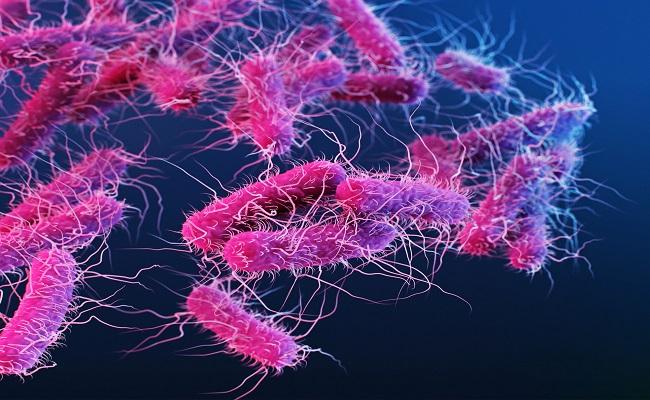What is Shigella, The Bacteria in Shawarma That Killed Kerala Girl

The food poisoning incident in Kerala that claimed the life of a 16-year-old girl who ate chicken shawarma at a restaurant was caused by Shigella bacteria.
Shigellosis is the infection it causes.
Infections caused by Shigella bacteria cause diarrhoea (occasionally bloody), fever, and stomach pains in the majority of patients.
Antibiotics should be provided to those who are sick or have underlying problems.
Kerala: Shigella bacteria caused the food poisoning that killed a 16-year-old girl in Kerala after she ate chicken shawarma at a restaurant.
The infection it produces is shigellosis.
The majority of Shigella infections result in diarrhoea (often bloody), fever, and stomach pains. People who are unwell or have underlying issues should be given antibiotics.
The owner of the eatery, as well as several employees, have been arrested.
Also Read: This Girl Used to Help Dad Sell Veggies, Now She's A Civil Court Judge
The Kerala High Court has taken notice of the incident and has asked the state administration for a response.
What Is Shigella?
Shigella is a bacterial infection caused by enterobacter bacteria and is one of the most prevalent causes of diarrhoea across the world.
However, not all bacteria in the enterobacter family cause illness in humans.
Shigella is an intestinal bacterium that causes diarrhoea, stomach discomfort, and fever.
It just takes "a little number of bacteria to make someone sick," according to the US Centers for Disease Control and Prevention (CDC).
Direct or indirect contact with the patient's faeces can readily spread the sickness. You can catch the virus if you swim or bathe in polluted water.
Is Shigellosis Fatal?
Unless the patient's immune system is compromised, the infection normally does not end in death. It might be fatal if the bacterium is resistant to the treatments.
What Precautions Are In Place?
The same precautions as with any food or water-borne illness should be taken. Handwashing before and after meals, as well as providing clean drinking water and fresh fruits and vegetables.
For example, milk, poultry, and fish must be kept at the proper temperature and cooked completely to avoid spoiling.




